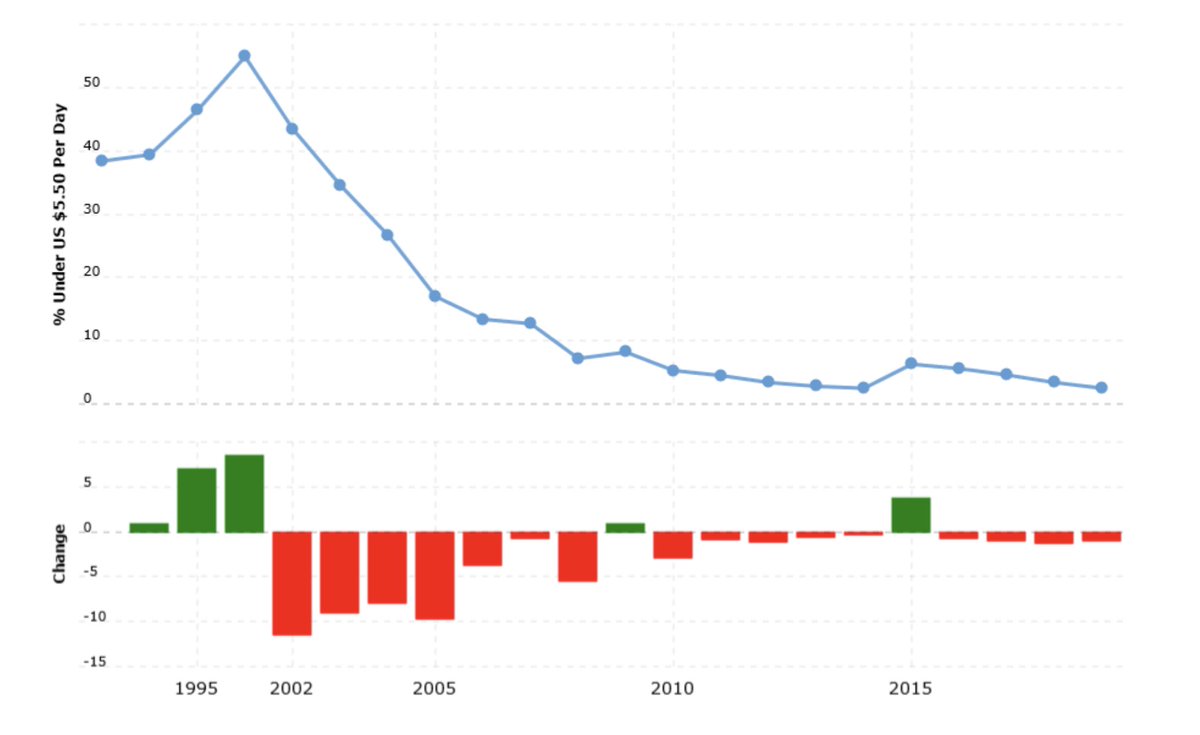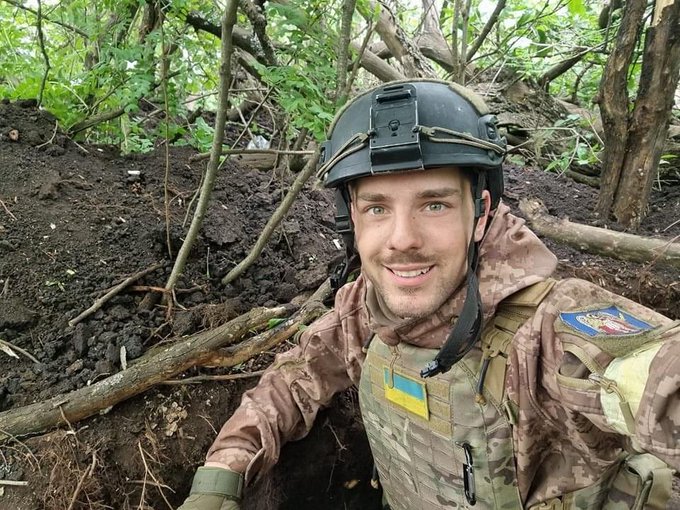My Generation
Mariam Naiem · 18 Jun 2022 · Adapted from original Twitter thread
Today was the funeral of the Ukrainian activist Roman Ratushny. Russians killed him. To honor him and thousands of other Ukrainians, I want to talk about my generation — the first generation of independent Ukraine.
90th: In 1991, Ukraine became independent. Significant political changes like this are often connected to economic challenges. Poverty was immense back then. Most of my friends’ stories about that time are related to hunger.

1998: Russia faced one of the most acute financial crises in its history. The Ukrainian economy significantly depended on the Russian one at the time. Although Ukraine avoided the default, the consequences of the crisis were severe.

2004: The Orange revolution happened. The people of our generation were kids at the time. Our parents showed us the example: if there is injustice, you have to fight it.
Orange Revolution - Wikipedia
The 2010s: Childhood is over for most of my circle. Now is the time for enjoying youth and figuring out your place in this world. But many of our generation in Ukraine did not have this luxury.
In 2010, the Orange revolution saw its long-term failure, as the person it prevented from coming to power, Viktor Yanukovych, ended up becoming president. Yanukovych started transforming Ukraine into an authoritarian police state, slowly but steadily.
The police were growing in power and impunity. From 2010 to 2013, we had a rising movement against police brutality, particularly after the killing of Ihor Indylo, who became a George Floyd figure, and the raping of two women in Vradiivka by policemen.
November 2013 – February 2014: The Revolution of Dignity. This event defined my generation and the history of our country since. It started as a student protest that escalated into mass demonstrations and riots, and resulted in regime change.
The revolution participants from across the political spectrum united around three, at first glance, disparate goals: anti-authoritarianism with roots in the movement against police brutality, geopolitical alignment with the EU, and sovereignty from Russia. These goals are different, but I believe that Russian neo-colonialism is the common thread, as an autocratic rule is both within the values it brings, and an indispensable tool of control across its colonies.
This Revolution united us like nothing ever did before. All my friends and family participated in this Revolution; some were injured by the police. We lost 100 people during this Revolution, now known as the Heavenly Hundred.
2014: Russia annexed Crimea and started the war in Donbas. All of us lost the feeling of safety; some lost their homes and were forced to move to another city, others volunteered or were mobilized to fight Russian neo-colonialism.
Although the regime changed and we were no longer moving towards autocracy, police brutality and corruption stayed. On 31 July 2018, Kateryna Handziuk, a Ukrainian activist who exposed police corruption, was attacked with sulphuric acid. She died from her injuries after five months in the hospital. The case of Kateryna Handziuk reinvigorated the protest movement against police violence and corruption. As before, my circle joined the battle on this field as well.
Instead of creating families, pursuing careers, or enjoying their lives, our generation had to fight against authoritarianism, police impunity, and for the nation’s sovereignty. It became a, let’s say, a second job: you have a regular job for your life, but after it, you join the protest and try to fight the corrupt system.
The 2020s: After two years of the pandemic, our community is now facing the most significant challenge: a full-scale invasion. Instead of planning families or our bright future, we are forced again to fight for our present. Now, most of the generation is fully involved in the war: on the battlefields, in hospitals, raising the money for the military and their communities, and delivering missing supplies.
Back to Roman Ratushny, whose funeral took place today. He died in battle near Izyum at the age of 24.

He participated in all these movements I mentioned: He was only 15 years old when he joined the Revolution of Dignity from its early student protest days. Later he became an environmental and anti-police brutality activist.
All of this makes me wonder: how many other great people of my generation will we lose? How many challenges will we face in the future? In any case, we will keep fighting in honor of Roman and all other people who gave their lives for Ukraine.